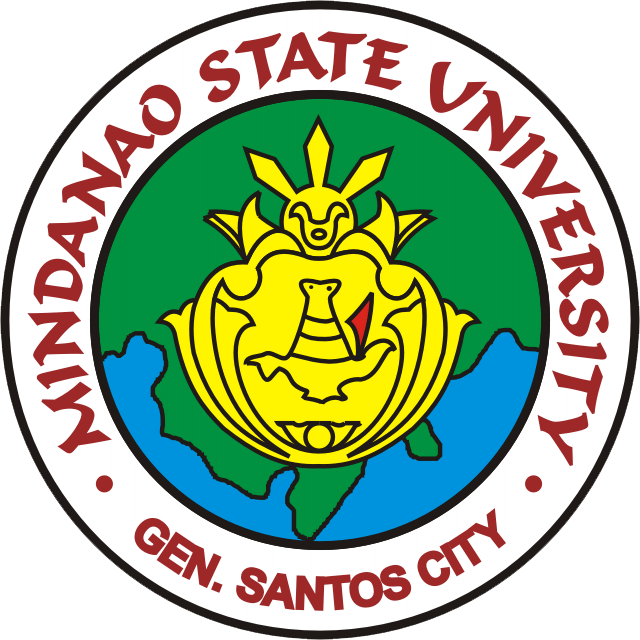The study on the growth of Nannochloropsis oculata using organic fertilizers and inorganic fertilizer under laboratory condition was conducted at MSU General Santos City- College of Fisheries Laboratory and Research station for a period of 90 days. N. oculata was subjected to the three types of fertilizer; organic fertilizers (Black soil extract and Vermicast extract) and inorganic fertilizer (Q Fertilizer) to evaluate the effects of different soil extracts and inorganic fertilizer to the growth of the microalgae. Black soil extract yielded the highest growth among all three treatments in all trials after 10 days of culture, with mean cell density of 21,253,000 cells/ml in the first trial, 25,552,200 cells/ml in the second trial and 23,992,100 cells/ml in the third trial. Mean cell density of N. oculata in vermicast extract in the three trials after 10 days of culture was 9,272,000, 11,803,800, 11,013,600 cells/ml, respectively. Mean cell density of N. oculata in Q fertilizer in each trial after 10 days of culture was 1,530,100, 4,479,700, 7, 219,000 cells/ml. Analysis of variance (ANOVA) revealed that the growth of N. oculata in black soil extract was significantly higher than the other fertilizers used in the study. The study showed that with Black soil extract, better growth of N. oculata can be obtained, which basically is attributed to high levels of N: P concentration as shown by the results of the nutrient analysis in Table 5. In addition, it was also found to be more cost effective and very efficient way for nutrient recycling of aquaculture waste. Since scientific information about nutrient recycling of aquaculture waste and potential use of black soil as organic fertilizer for phytoplankton culture is limited, it is recommended to conduct more studies about the use of black soil as organic fertilizer to other microalgae species. It is also recommended to conduct the same experiment in outdoor conditions at different dosages of black soil extract since the present study was conducted under laboratory conditions and since dosage also strongly influences the quality and quantity of planktons.
Author
NEIL S. FAROFALDANE
Abstract
SY
2021
Program
Bachelor of Science in Fisheries
Department
Department: Aquaculture
College
College: Fisheries
